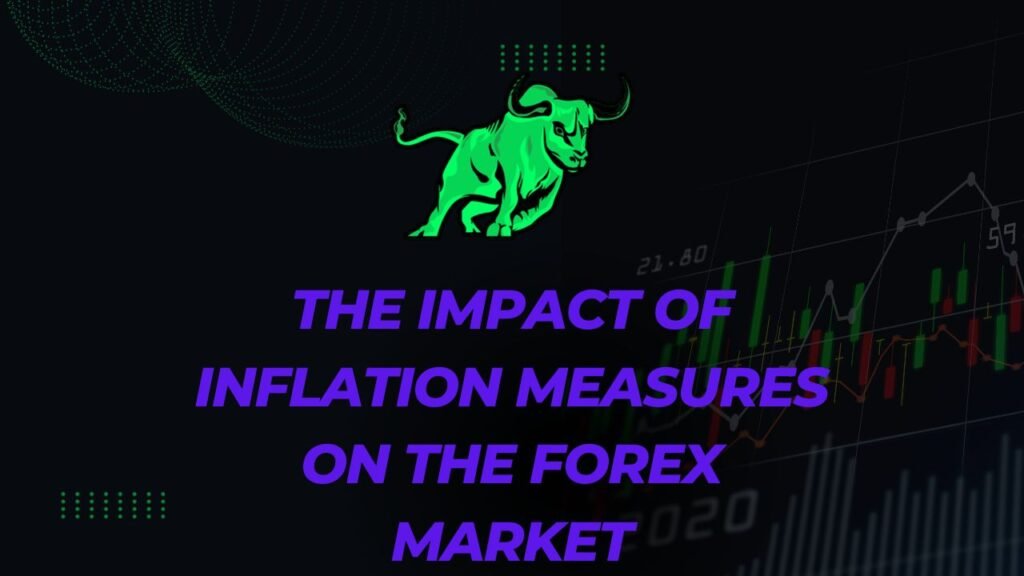
Understanding The Impact of Inflation Measures on the Forex Market is crucial for traders, investors, and economists alike. Inflation, as a pivotal economic indicator, profoundly influences the dynamics of the forex market. This blog post delves into how inflation measures shape currency values, trading strategies, and overall market sentiment.
What is Inflation and How Does it Affect Forex?
Inflation refers to the rate at which the general level of prices for goods and services is rising, subsequently eroding purchasing power. In the realm of forex, inflation is a double-edged sword. Higher inflation typically leads to a depreciation of the domestic currency, as it diminishes its purchasing power. Conversely, low inflation rates can indicate a strong currency, attracting foreign investments and boosting its value.
Central Banks: The Role of Monetary Policy in Forex Markets
Central banks use monetary policy to control inflation, which in turn impacts the forex market. An increase in interest rates, often used to combat high inflation, can lead to a stronger currency as it attracts foreign capital seeking higher returns. This relationship between central bank policies, inflation, and forex market trends is fundamental for understanding market movements.
Real-Life Examples: Inflation Impact on Major Currencies
For instance, consider the US Dollar (USD). When the US Federal Reserve announces measures to tackle inflation, it often results in increased foreign investment in USD, boosting its value. Similarly, the Euro (EUR) reacts to the European Central Bank’s inflation-targeting policies, affecting its strength against other currencies.
FAQs: Inflation and Forex Market Dynamics
- How does inflation data release affect forex trading?
Inflation data releases can cause significant volatility in the forex market. Traders often adjust their positions in anticipation of or in reaction to these data, leading to short-term fluctuations in currency values. - Can inflation trends predict forex market trends?
While inflation trends provide valuable insights, predicting forex market trends solely based on inflation is complex due to multiple influencing factors. - Is there a direct correlation between a country’s inflation rate and its currency strength?
Generally, a higher inflation rate leads to a weaker currency and vice versa. However, this correlation can be influenced by other economic factors and policy decisions.
Conclusion: Navigating Forex Markets with Inflation Insight
Understanding the impact of inflation measures on the forex market is essential for informed trading and investment decisions. By keeping an eye on inflation indicators and central bank policies, market participants can better navigate the complex and dynamic world of forex trading.